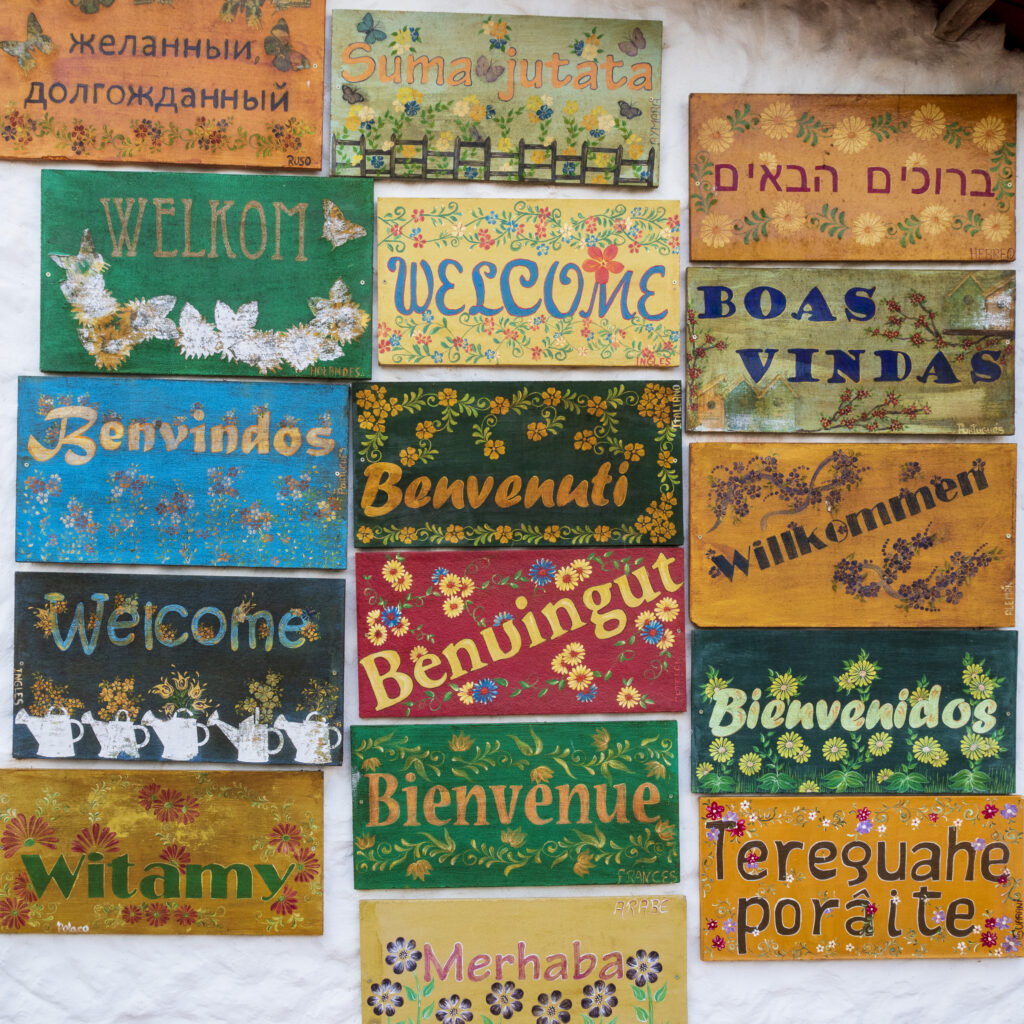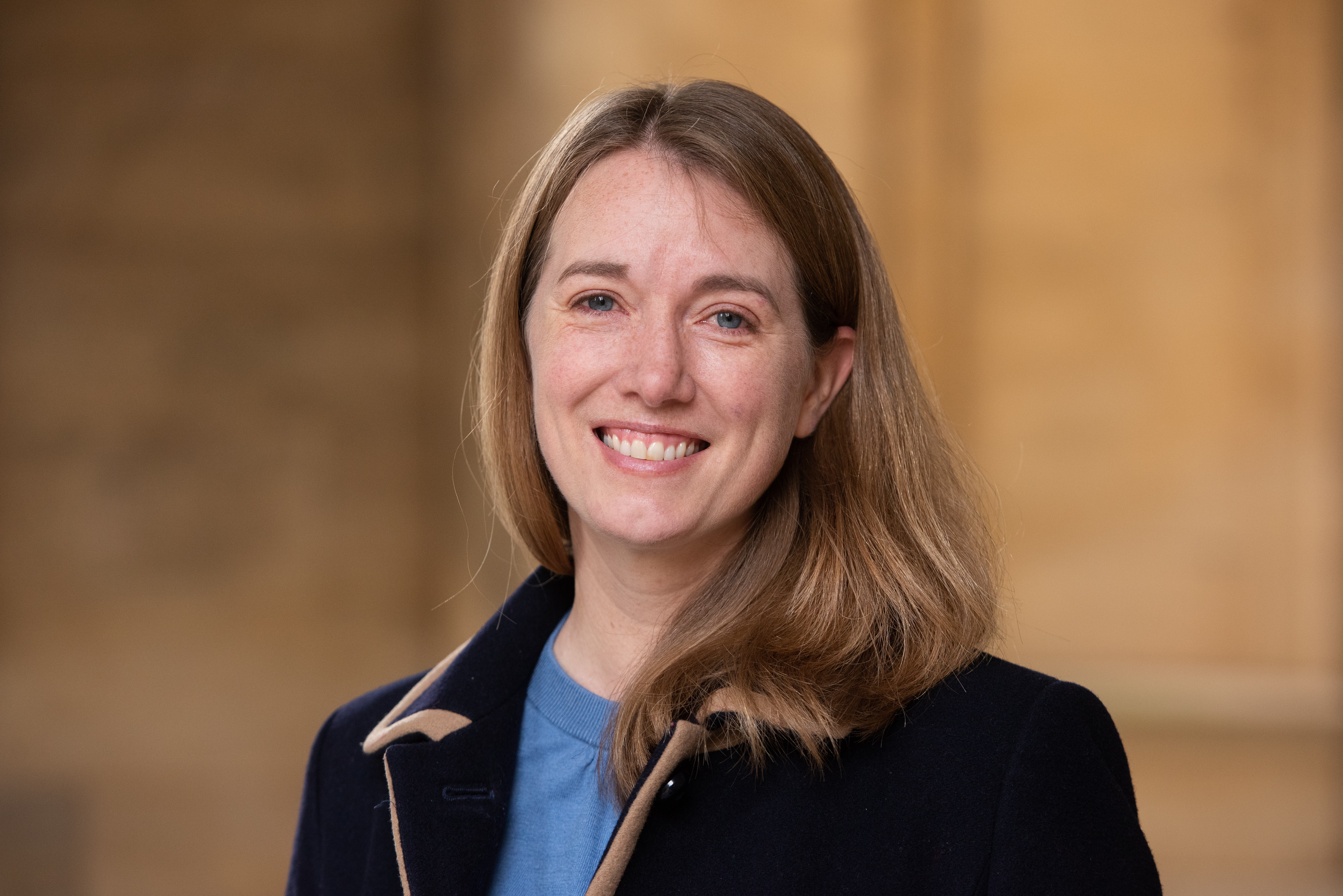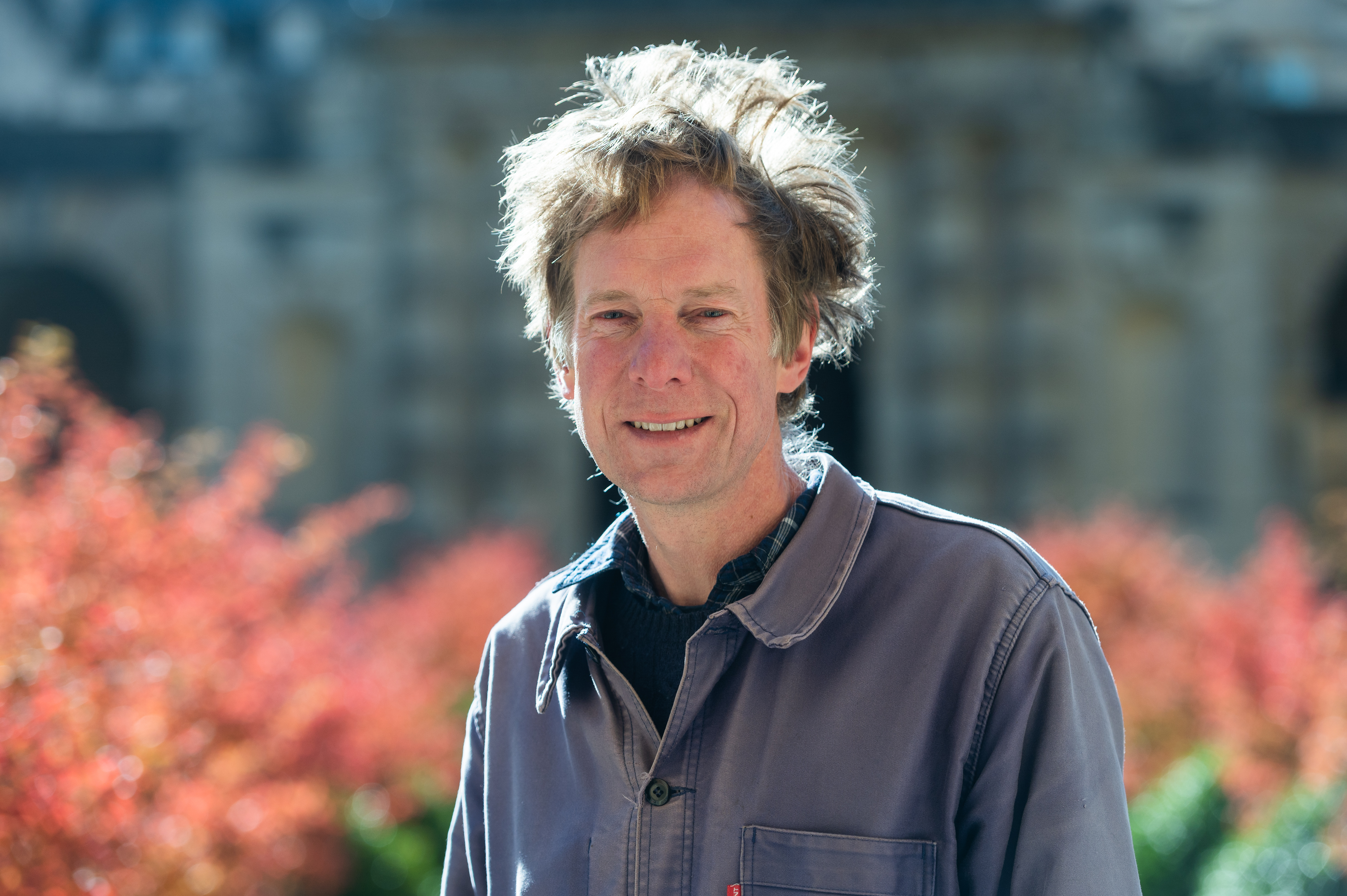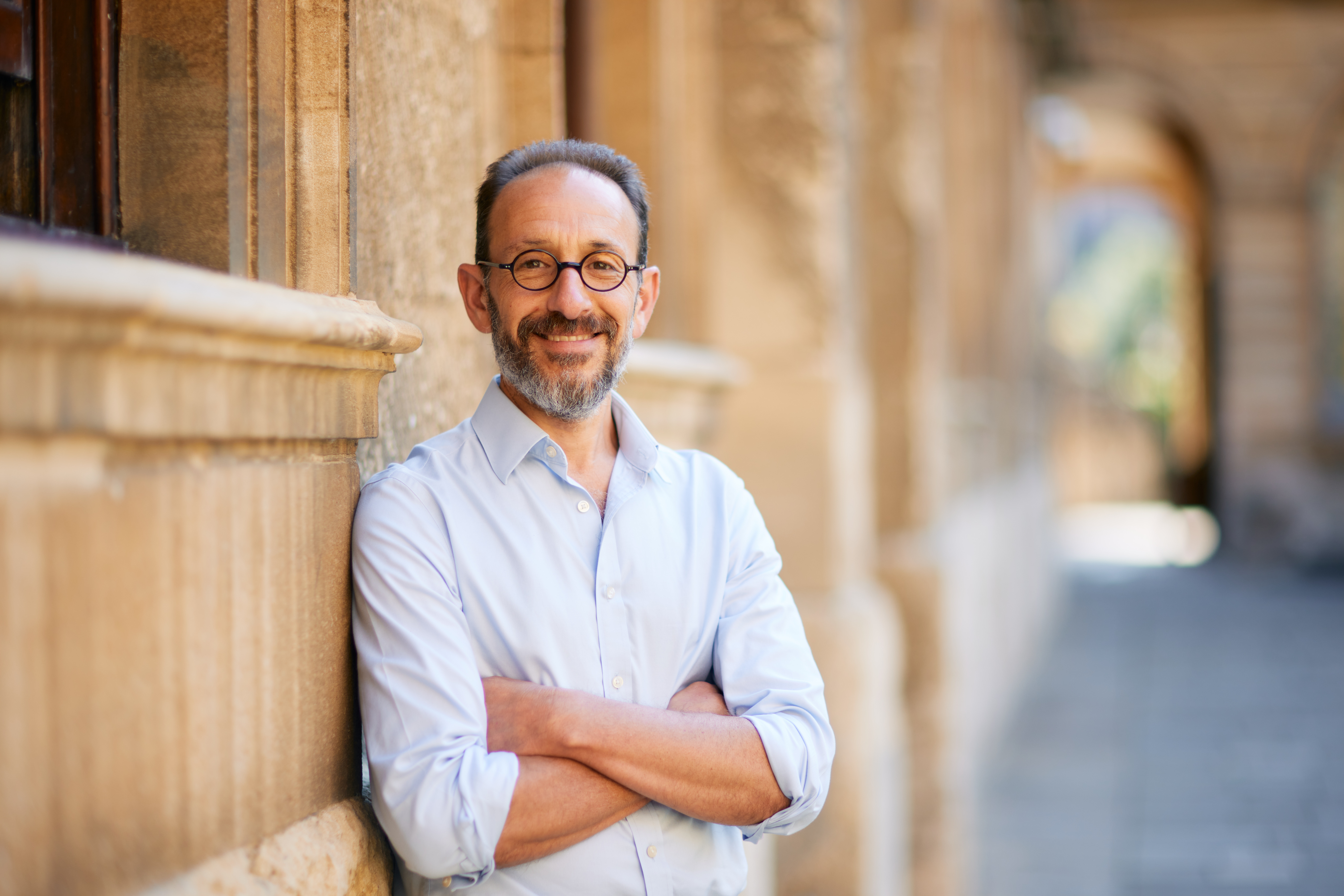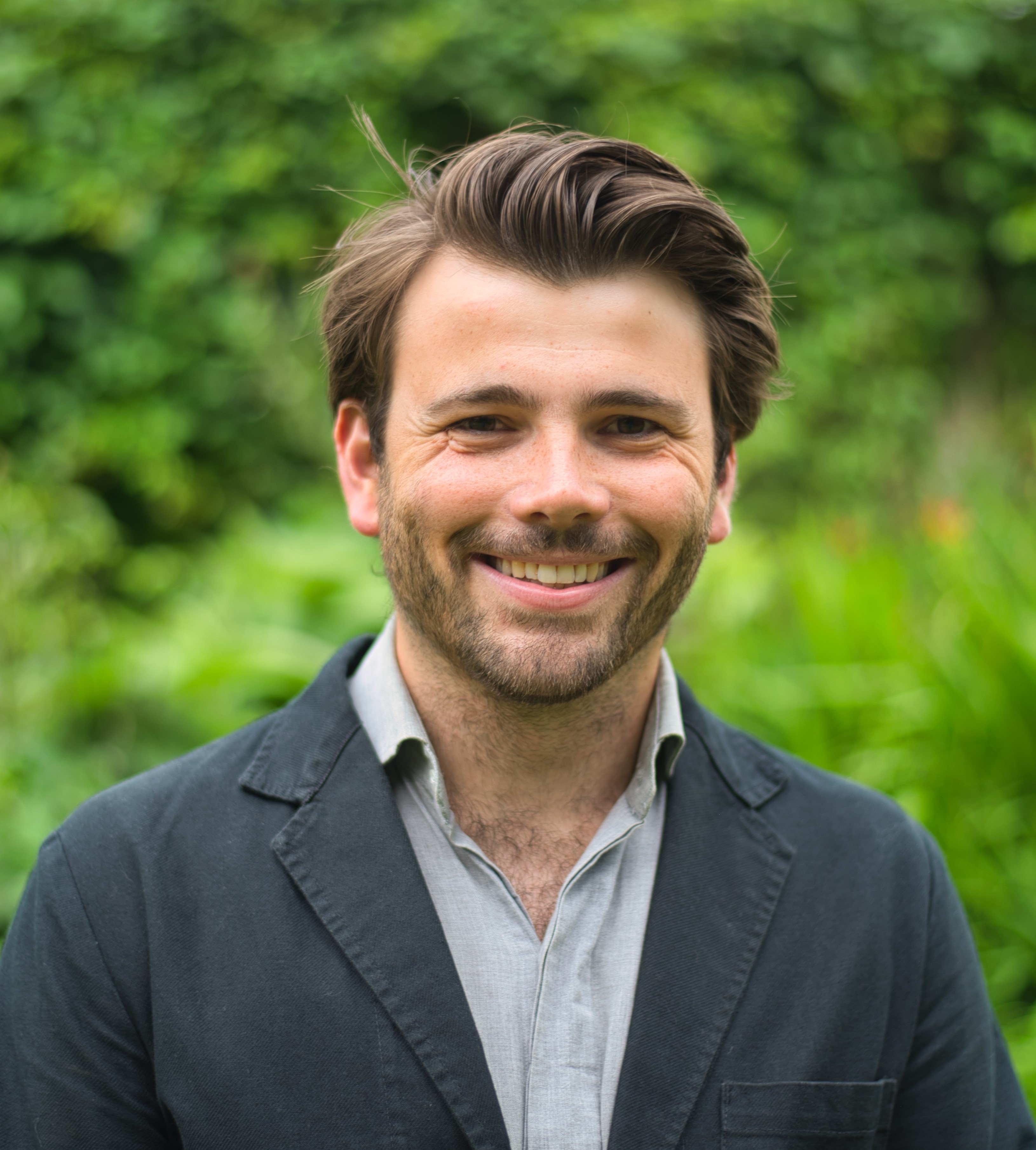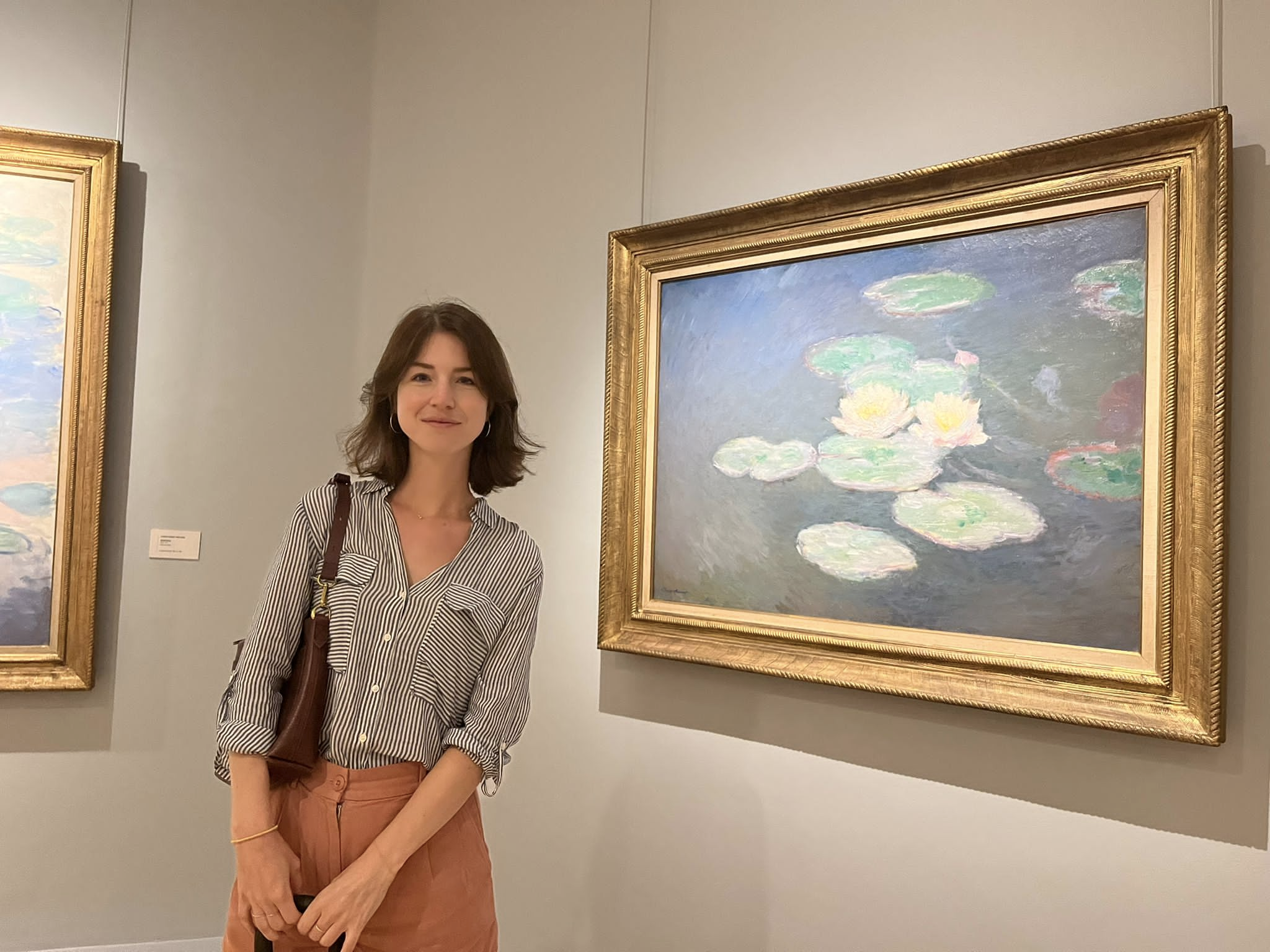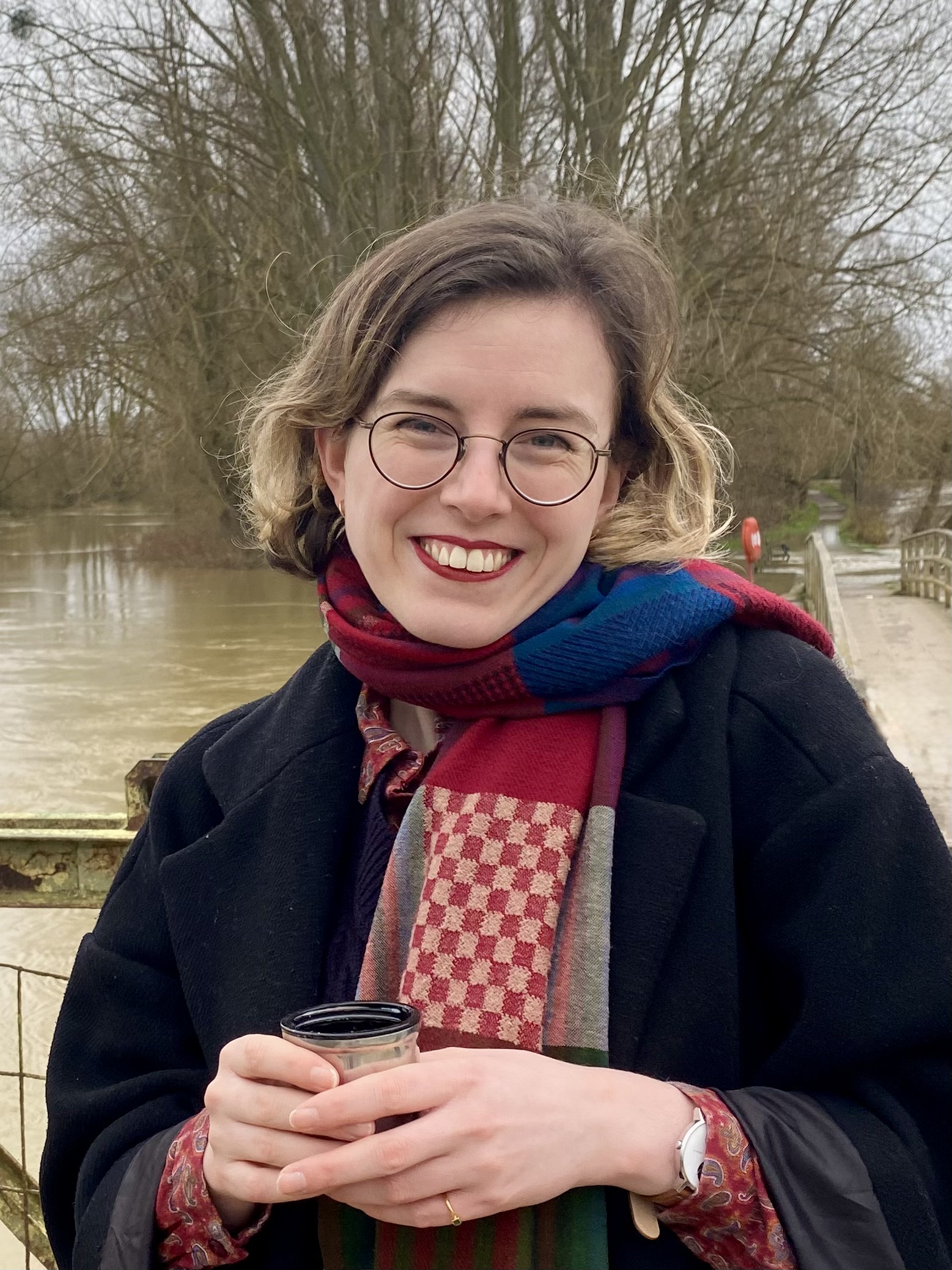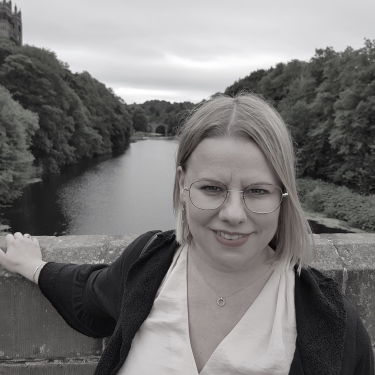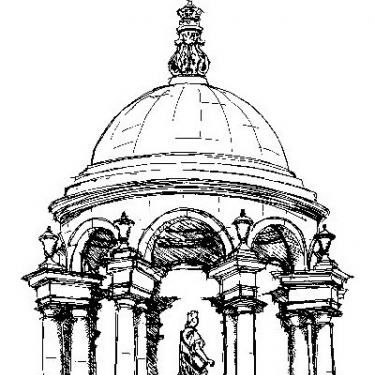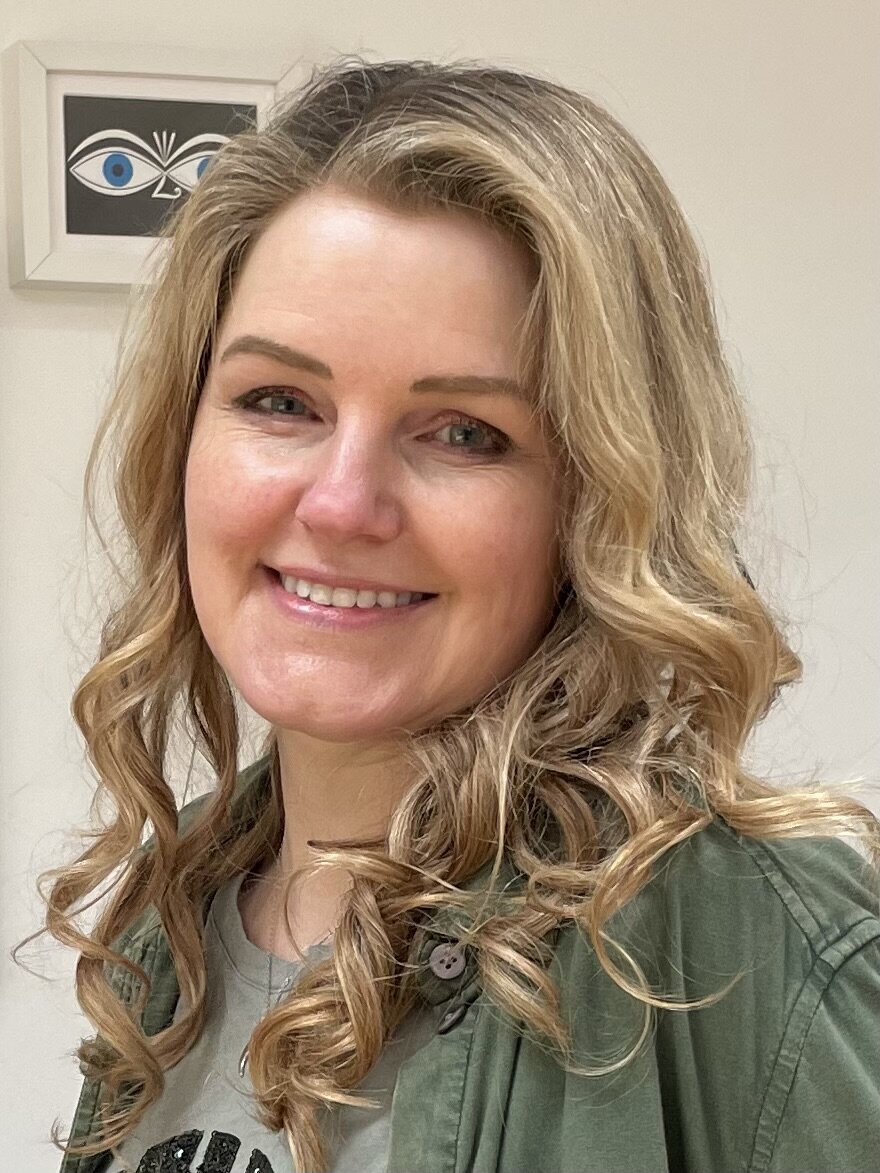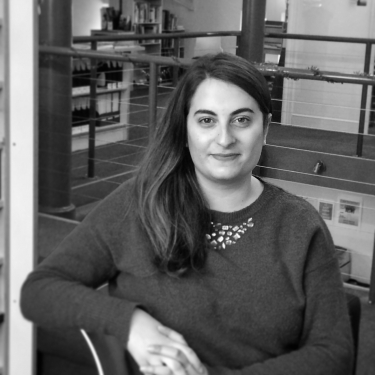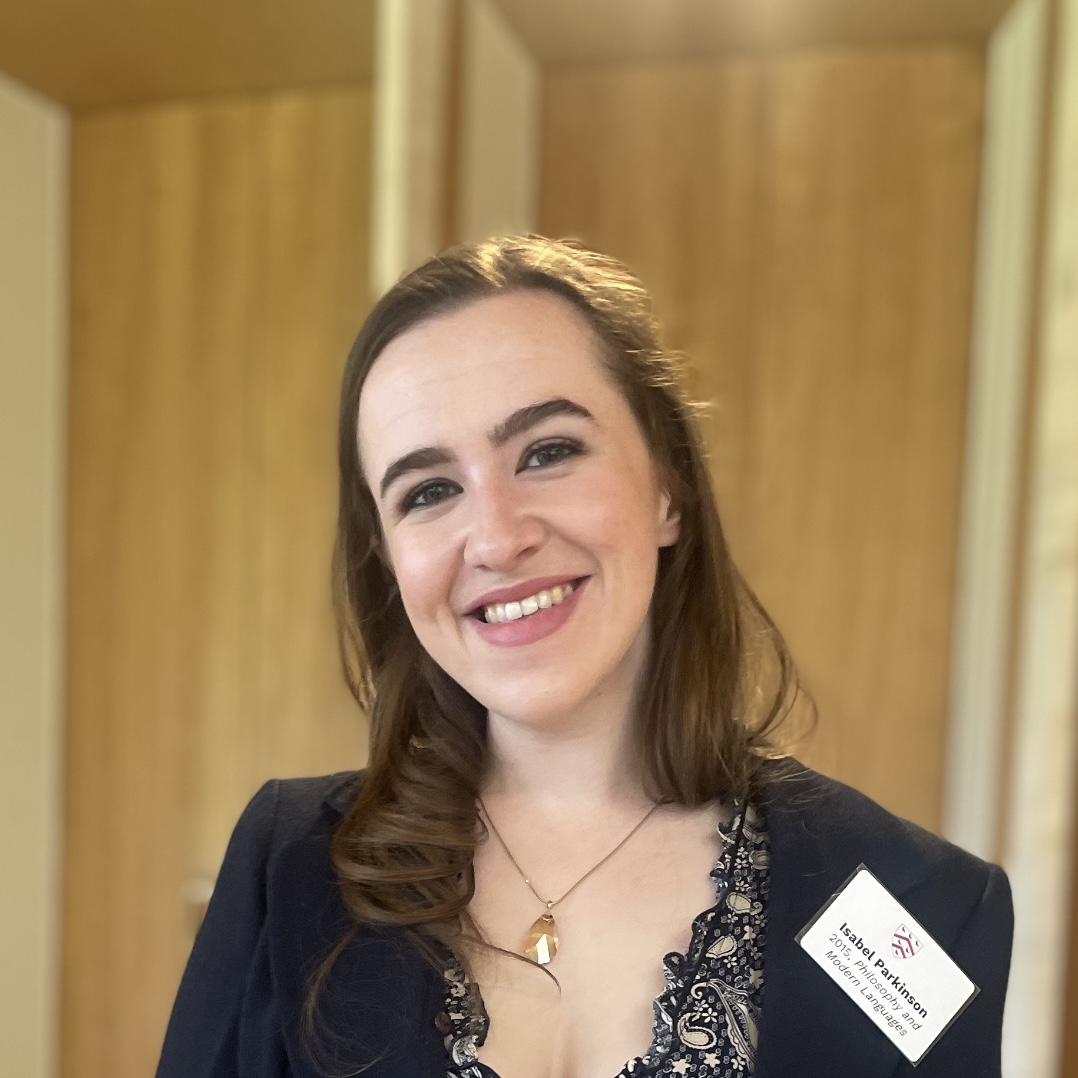Course
- BA (Hons) Modern Languages
- BA (Hons) Modern Languages and Linguistics
- BA (Hons) English and Modern Languages
- BA (Hons) History and Modern Languages
- BA (Hons) Classics and Modern Languages
- BA (Hons) Philosophy and Modern Languages
- BA (Hons) European and Middle Eastern Languages
The College has a particularly strong and lively tradition in these subjects and normally admits about 13 students per year for all the courses involving Modern Languages. We welcome applications from candidates from all backgrounds.
Queen’s is also the home of the Schwarz-Taylor Chair in German, currently held by Professor Karen Leeder.
The courses
Many Modern Languages students take two languages, but it is also common to study just one: either in any of the six Joint Schools (Modern Languages and Linguistics, English and Modern Languages, History and Modern Languages, Classics and Modern Languages, Philosophy and Modern Languages, European and Middle Eastern Languages), or on its own. The four languages available for ‘sole’ study are French, German, Spanish and Russian, and for these languages there are specially designed courses which provide introductions to subjects such as film, literary theory, medieval studies and philosophy alongside the normal first-year course. It is also possible to take a language you have not previously studied. This can be done for any of Czech, German, Modern Greek, Italian, Polish, Portuguese and Russian, but you may only take such a beginners’ course either in one of the Joint Schools or together with a language you have studied to A-level or equivalent.
We welcome applications for all the European languages taught at Oxford and for all subject combinations, the only restriction being that applicants for Joint Schools (Classics, English, History, Linguistics, Philosophy, or European and Middle Eastern Languages) must combine it with one of the languages in which we have a resident Fellow (i.e. French, German, or Spanish). In general, we particularly encourage applications for combinations that involve one or more of these three languages, though that does not mean that candidates interested in other languages should be put off from applying. The College has developed a particular reputation in English and Modern Languages that it is keen to maintain.
The Modern Languages course lasts four years and includes a year abroad, normally taken between the second and third years of study in Oxford (but after the first year for students reading Beginners’ Russian or a Middle Eastern language). Many of our students spend the year as teaching assistants in a school, but it is also possible to attend a foreign university, or to find a work placement. Some placements tend to be handed down from student to student, and there are exchange schemes in place with the University of Salamanca and with the Maximilianeum Stiftung in Munich. The College provides generous grants to assist those wishing to study abroad, or to fund attendance at language courses abroad in some cases.
Teaching
The large number of Tutorial Fellows and Lecturers, together with the native speakers appointed in French and German as Lectors, means that most major aspects of the course, both written and spoken, are taught within the College, though in some areas students will be sent to specialists elsewhere, and some language tuition is provided centrally by the faculty. The tutors in Modern Languages work closely with their colleagues in other subjects to ensure that all combinations function well, whether within Modern Languages or in the Joint Schools.
The variety of subjects taught is such that it is rare for any two students to be studying exactly the same permutation and, after working on set texts in the first year, students are encouraged to pursue their own interests for the remainder of the course.
Interviews
Candidates are required to sit language tests in October. The interview itself, which will be held online in early December, includes discussion of a short poem or other brief text which will be shared on screen. There will be two interviews, normally one for each of the subjects applied for. If you are applying for a ‘sole’ language, your second interview will involve a short text in English. The discussion of the text will lead on to a general discussion of why you have opted for a predominantly literary course and what literature you have read, in any language. We are looking for candidates with a sound grasp of the languages they are offering, a genuine commitment to literary study (and to the study of Linguistics where appropriate, also film), and an ability to form independent judgements on what they have read either in a foreign language or in English. It is not necessary to have studied literature formally at school. We are seeking above all to assess potential, rather than acquired knowledge.
